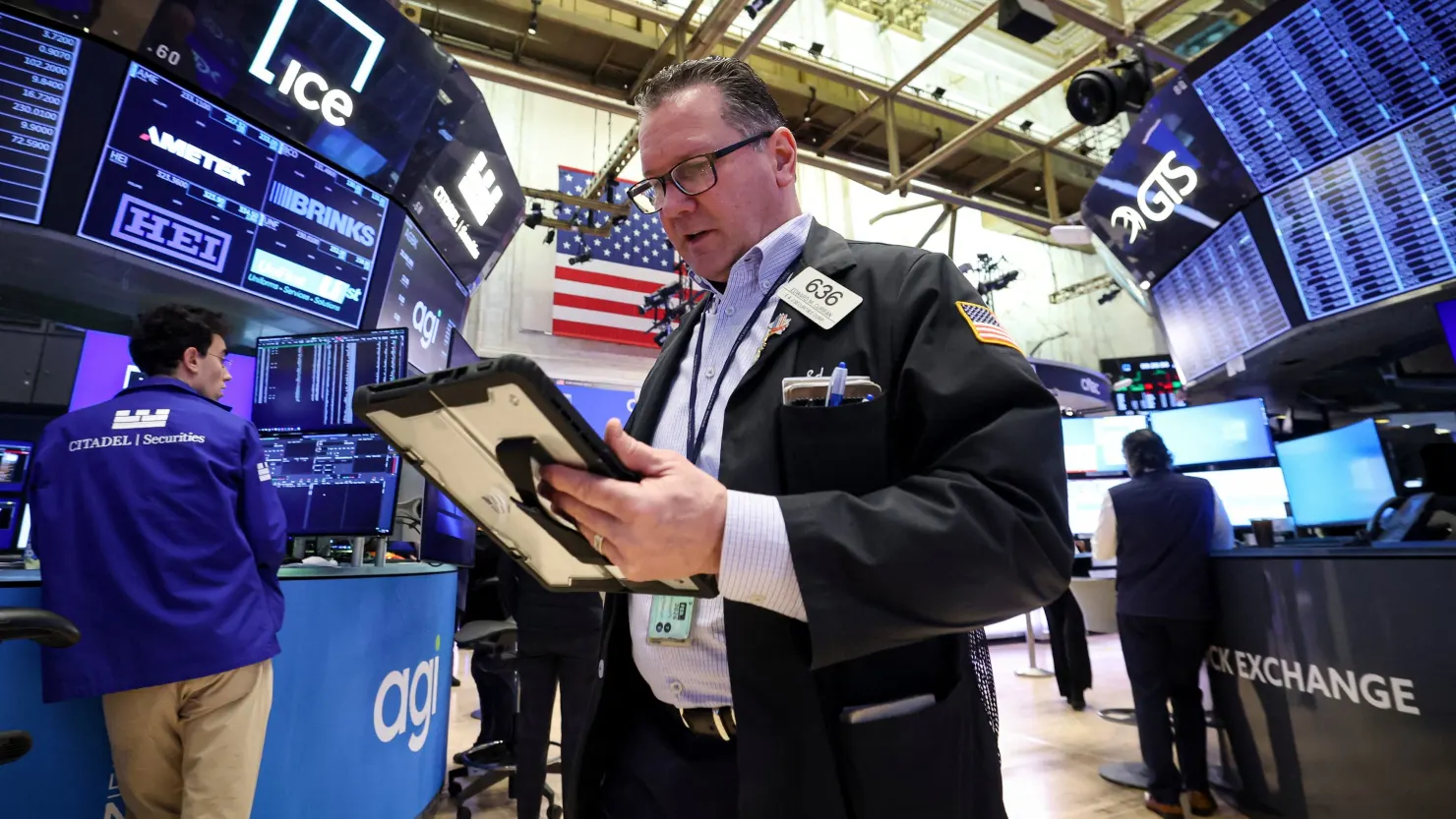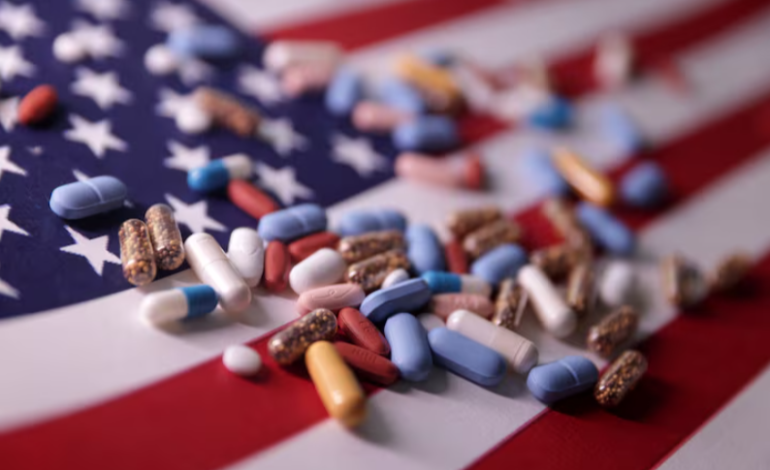A sharp rise in pharmaceutical imports from Europe to the United States is underway as drugmakers race to stockpile medications ahead of a potential tariff announcement by President Trump, Axios reports.
The surge, driven by fears of new trade barriers, significantly widened the US trade deficit in March.
According to data released by the Commerce Department, the US trade deficit rose 14% in March 2025, reaching $140.5 billion, up from $123.2 billion in February. Nearly all of the $22.5 billion increase in consumer goods imports was attributed to pharmaceutical products.
Ireland, a key pharmaceutical hub for global firms such as Pfizer and Johnson & Johnson, was a major contributor. US imports from Ireland nearly quadrupled compared to March 2024, soaring to $31 billion and more than doubling from February’s $15.3 billion. Imports from Denmark, home to Novo Nordisk—the maker of insulin and GLP-1 drugs Ozempic and Wegovy—also jumped, climbing to $1.2 billion in March 2025 from $810 million the previous year.
“The race is on. Everyone wants to get in before they can’t get in anymore,” said Marc Busch, an international trade policy expert at Georgetown University. He warned that pharmaceutical tariffs could have a disproportionate impact, saying, “This is not your typical industry … a patient may go without a drug because they can’t afford it.”
President Trump has signaled a decision on pharmaceutical tariffs could come within weeks. The administration has already launched a national security investigation into pharmaceutical imports, raising the possibility that emergency economic powers could be invoked to impose duties. These tariffs would follow similar actions on other goods from Europe, China, and Japan.
The move marks a departure from longstanding international trade norms. For decades, a global agreement under the World Trade Organization has exempted pharmaceuticals from tariffs among wealthy nations. Experts are now raising alarms that tariffs on essential medicines could lead to drug shortages and higher consumer costs.
While some drugmakers are accelerating shipments to cushion the initial impact, experts caution the relief will be temporary.
“Manufacturers can only stockpile so much,” said Michael Grosberg, a pharmaceutical market analyst at Model N.
He noted that insured patients may not feel the cost increases immediately, but effects are likely to appear in insurance premiums or coverage changes in the next plan year.
Health experts are particularly worried about generics, which form the backbone of many emergency and chronic treatments. Reshma Ramachandran, a health services researcher at Yale, expressed concern that tariffs could reduce supply incentives in an already low-margin market.
“This could leave consumers with fewer options and potentially make drug shortages worse,” she said.










The latest news in your social feeds
Subscribe to our social media platforms to stay tuned